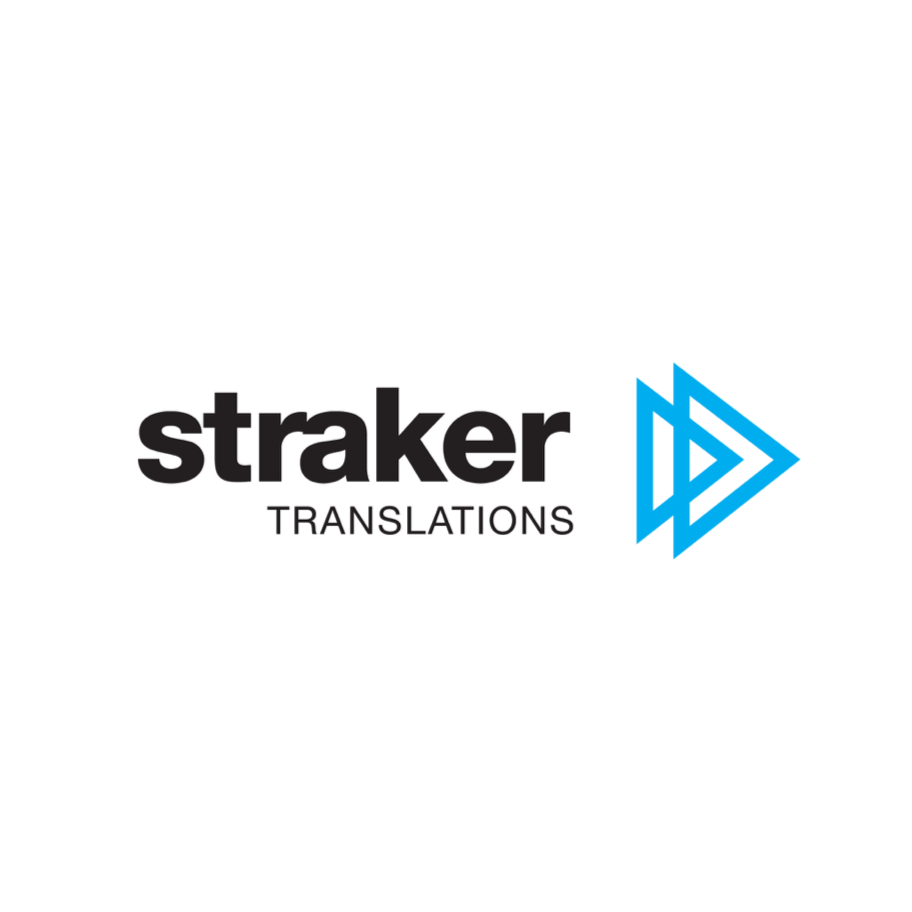
AFR: Small cap tech stock Straker soars 49pc on major IBM deal
By Yolanda Redrup
Shares in local small cap language translation tech company Straker have soared 49 per cent after it closed a potentially game-changing deal with tech giant IBM.
On Wednesday Straker announced that IBM had signed a two-year deal with the business to use its artificial-intelligence-powered translation services for 55 languages. The contract extends its relationship with the Aussie company, whose services it had been using since 2018, but previously only for Spanish translations.
The New Zealand-headquartered business has developed a hybrid translation platform that utilises a combination of AI, machine-learning and a crowd-sourced pool of freelance translators.
Straker was unable to quantify how significant the deal would be financially, saying it all depended on usage volume over time. But, even with one language IBM was already one of Straker's largest clients and contributed significantly to its $24.6 million in revenue last financial year (March 30 year-end) and 10 of the new languages are expected to be of a similar scale to Spanish.
Speaking to The Australian Financial Review, Straker co-founder and CEO Grant Straker said the deal was a big "proof point" for the company and was evidence of the message it had been telling shareholders for the past two years.
"What our approach is – and it's been our story since before the IPO – we use an acquisition strategy to acquire those companies and get those relationships," he said.
"That's how we got the relationship with IBM. We acquired a [small provider] with a long-term relationship ... at a time when IBM were looking at how to meet the demands of their customers and have bigger international engagement.
"It's preparation meeting opportunity."
This deal with IBM has been two years in the making for Straker, having had its first meeting with the global IBM team in New York six months after acquiring Spanish business MSS.
Stay relevant
To meet the requirements of IBM, Straker is increasing its head count by 30 per cent.
Following the announcement, investors had pushed Straker shares up more than 49 per cent to $1.35 at midday.
Mr Straker remains one of the largest shareholders in the company, as well as Hong Kong hedge fund operator Scobie Ward, listed fund Bailador Technology Investments and SkyOne Capital.
Mr Straker said the language translation market was split into three segments – large incumbents that still did translations manually but were trying to build or acquire technology to stay relevant, tech native players that were trying to build scale, and small local players that had long-standing relationships with big businesses in their markets, but did not have the capital to evolve.
This last category is where MSS fitted and holds the key to signing more large-scale deals like the one with IBM.
"We're the challenger. We're much smaller than the big guys, but often with tech and disruption it’s a case of whether or not the tech guys can find scale faster than the big guys can find the tech," Mr Straker said.
"COVID is accelerating change. A lot of large companies have an internal translation department ... but now people want that to be a variable cost when something like COVID shuts them down.
"We’ve indicated that we’re also still keen on M&A ... We’re looking at trying to complete an M&A transaction before the end of the year and that will also grow our size and reduce the proportion [of revenue] that IBM makes up."
Big goal
Since listing in 2018, the business has struggled to gain traction with investors, sliding from a high of more than $2 in July last year to a low of 48¢ in March.
"One of the reasons the share portfolio got depressed was the organic growth wasn’t quite what the market wanted," Mr Straker said. "I got it, I understood the investor sentiment. There was only so many times we could say this is where it’s headed without giving away too much information."
The big goal in the next few years for Straker is to hit $100 million in revenue. Mr Straker had shared these views with the market previously and been met with scepticism, but he said this new deal demonstrated the potential for Straker to hit that milestone.
"This is a $57 billion industry being disrupted by tech," he said.
